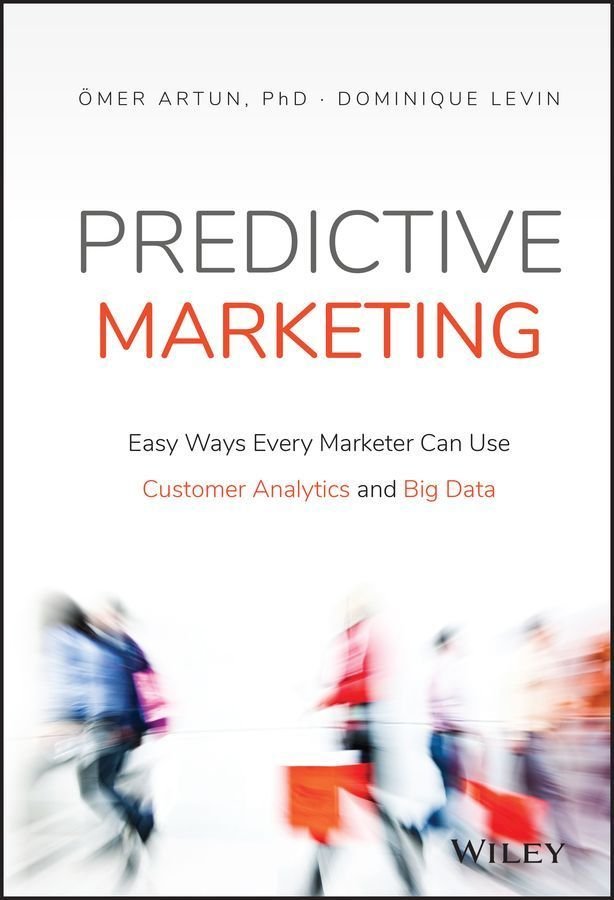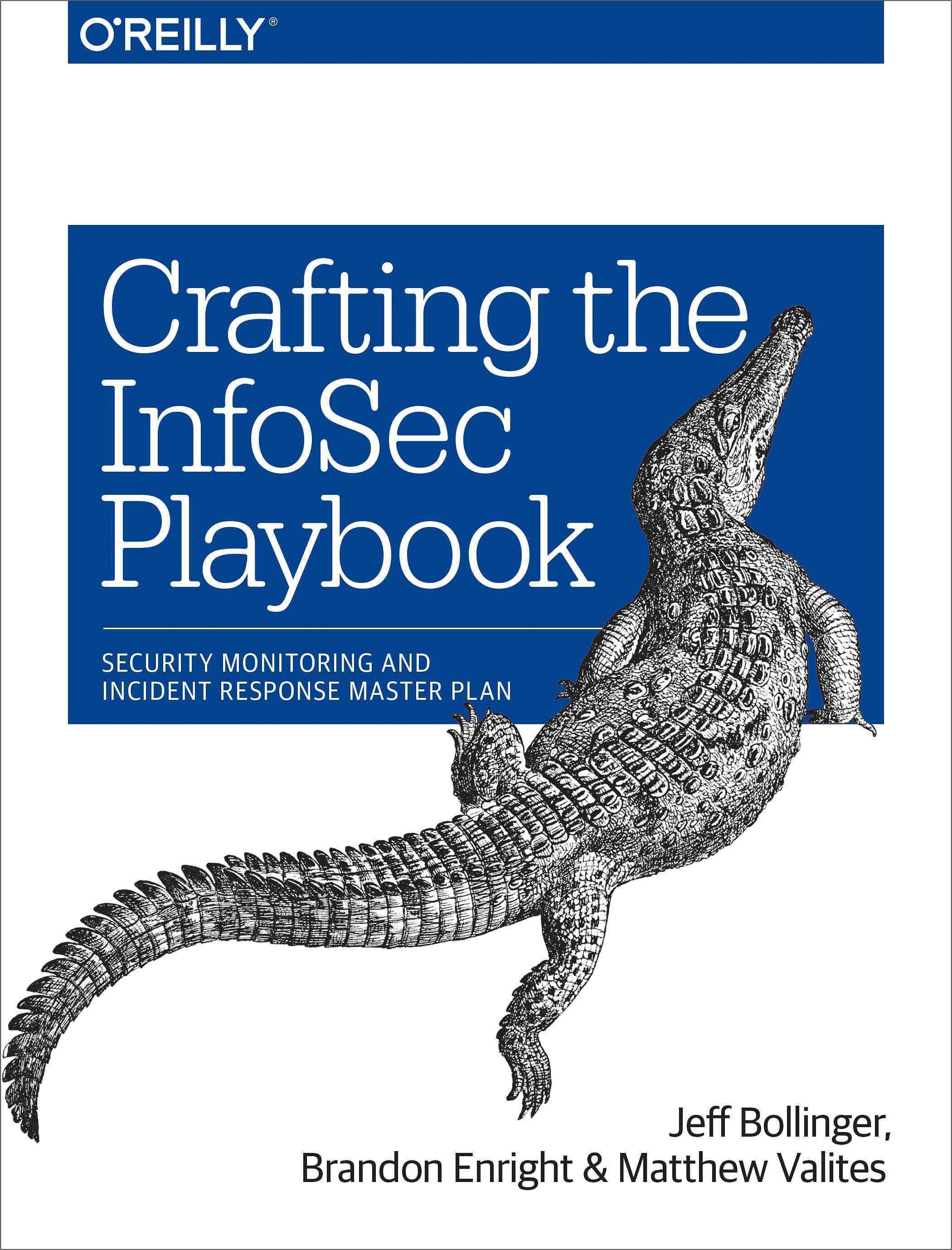The interpersonal strategies that surround the act of doing good science–hereafter referred to as scientific game playÂ- ing-have received some published attention, and many of the game rules are almost axiomatic among successful pracÂ- titioners of science. There is a need, however, to review peÂ- riodically what we know and what we think we know about the art, and to add new insights that become available. This book is a response to that need; it has been written for science practitioners and grandstanders of the 1980s, drawing on inÂ- Sights and perceptions gained from victories and defeats of the 1970s. It seems especially important that the strategies and rules of scientific game playing be reviewed critically as we move into the decade of the 1980s, since many of those rules have changed during the 1970s–in fact each recent decade has seen significant changes. The 1950s were expansionist, when sciÂ- entific jobs were relatively easy to find, when faculties were expanding, when students were plentiful, and when federal grants were readily available. The 1960s began as a period of stabilization, and then became one of unrest and reexamiÂ- nation of purpose. The climate was still good; students were v vi PREFACE still abundant, but there was less growth in faculty size, and federal grants reached a plateau. In the 1970s the student population started to decline, and federal funding for research began to dry up.












